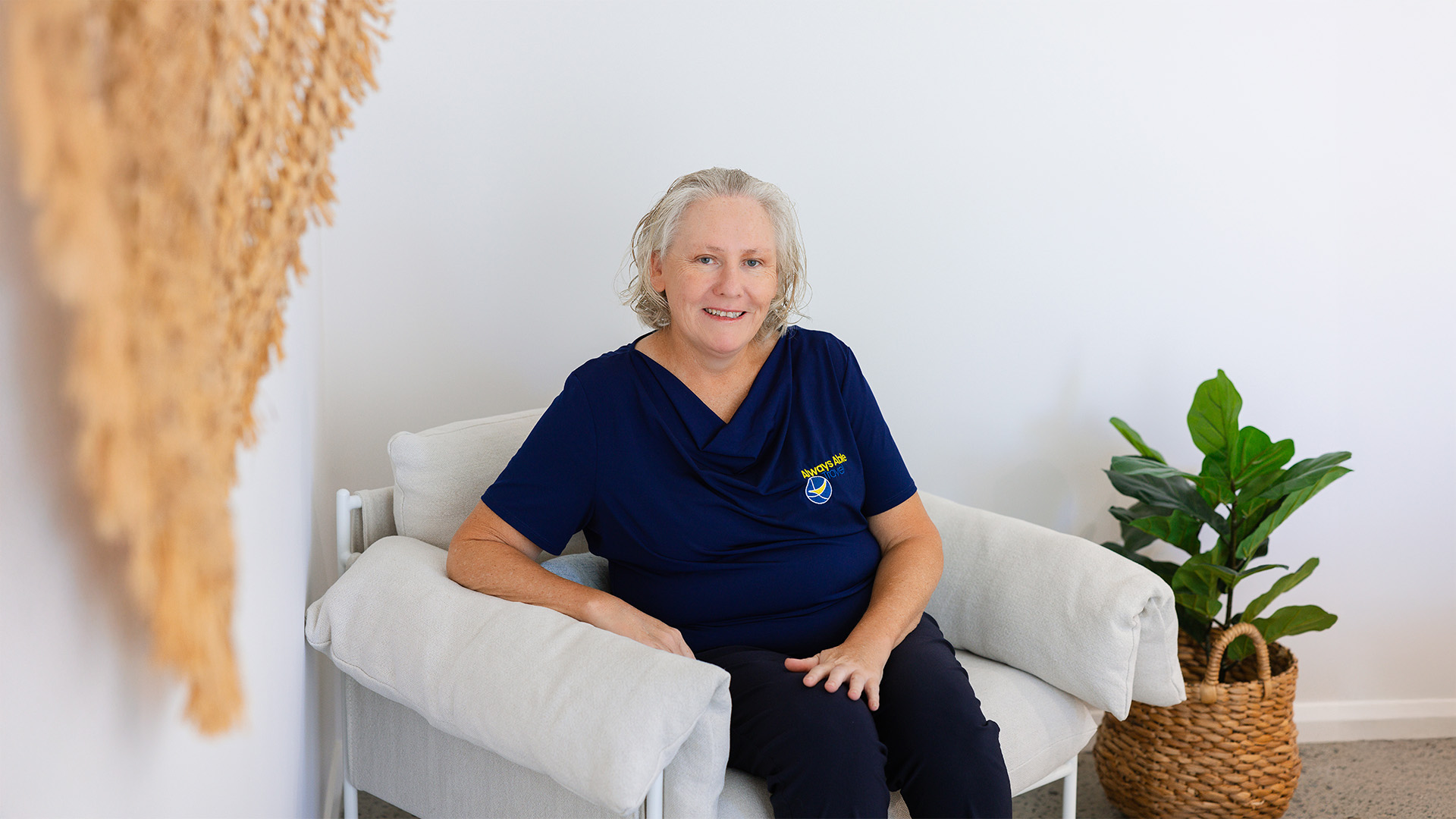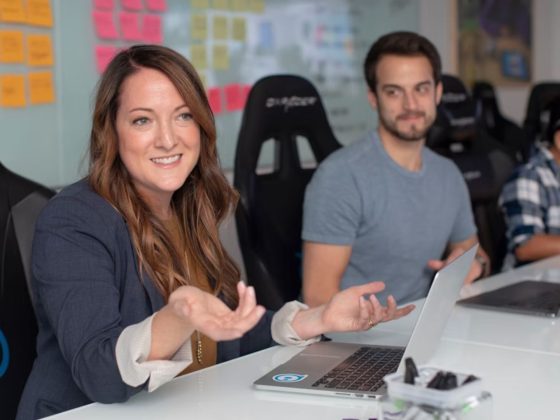Australia’s vast landscape creates unique challenges for disability service providers. Rural communities, often separated by significant distances from major centers, struggle to offer the same level of accessibility as their urban counterparts. Michelle Nohotima knows these challenges firsthand. Her company, Always Able, tackles geographic barriers head-on, ensuring clients with disabilities can access the services they need regardless of where they live.
Facing Rural Accessibility Challenges
Getting around in rural Australia isn’t always easy, especially for people with disabilities. Michelle points out what many don’t consider: “Geographic barriers over here in Australia is rural towns too far away from bigger services.” Even though Australia offers decent services in many areas, accessibility remains inconsistent. “A lot of towns don’t have the funds to make places accessible,” Michelle explains, “which makes it very hard to plan for people with disabilities to go to certain places.” This means extra work before any trip – research becomes essential to determine if a destination can accommodate specific needs.
Overcoming Barriers With Simple Solutions
For Michelle, the issue boils down to basic rights. “Everybody has a right to travel, go anywhere, be able to access services everywhere,” she says firmly. “Not being able to get there shouldn’t be a barrier for people.” This straightforward philosophy drives her business approach. When accessibility becomes an afterthought, people get left behind – something Michelle refuses to accept.
Rather than waiting for infrastructure to improve, Michelle takes practical steps to overcome barriers. “We’ve made sure for our business that we have an accessible vehicle so that we can go anywhere with anybody with any disability,” she says. Their wheelchair-equipped vehicle helps clients reach places that might otherwise be inaccessible. Portable equipment makes a huge difference too. “We take certain mobility aids with us – portable ramps because getting into shops, getting into vehicles can be difficult,” Michelle notes. These simple tools often solve complex problems. Pre-planning rounds out their approach. Michelle’s team researches destinations thoroughly before trips, ensuring they bring whatever mobility supports clients might need.
Using Technology to Bridge Gaps
While physical accessibility remains crucial, technology offers additional solutions. Michelle’s team uses iPad apps to help non-verbal clients communicate. “People that don’t have very good speech, we have apps where they can type it in on their iPads and it speaks for them,” she explains. Symbol-based communication apps help with basic needs. The team also uses Makaton sign language for everyday interactions – signs for toilet, eating, and other essentials that most people understand regardless of disability status. Looking ahead, Michelle sees technology playing an even bigger role. “AI will definitely play a big part in the future,” she says. “It hasn’t quite arrived yet, but I’m sure it’s going to help.”
Making Progress Toward Inclusion
For other service providers facing similar challenges, Michelle stresses preparation. “Research where you’re going and what you’re going to need,” she advises. Small towns often lack specialized equipment, so bringing your own becomes essential. Beyond logistics, Michelle emphasizes the human element. “Let the focus be that these people are wanting to explore their environment,” she says. “We try to provide them with all the life experiences we can while they’re away because that’s their ultimate goal – to have the same experiences that everybody else has.”
Despite ongoing challenges, Michelle sees progress happening. More places are becoming accessible, even in towns with historical buildings where modifications are difficult. “Most rural towns now have portable ramps that they can put out for you to get into buildings,” she notes. Connect with Michelle Nohotima on LinkedIn to follow her journey in breaking down barriers and creating accessible services for all Australians, regardless of where they live.









